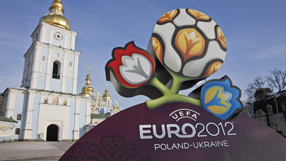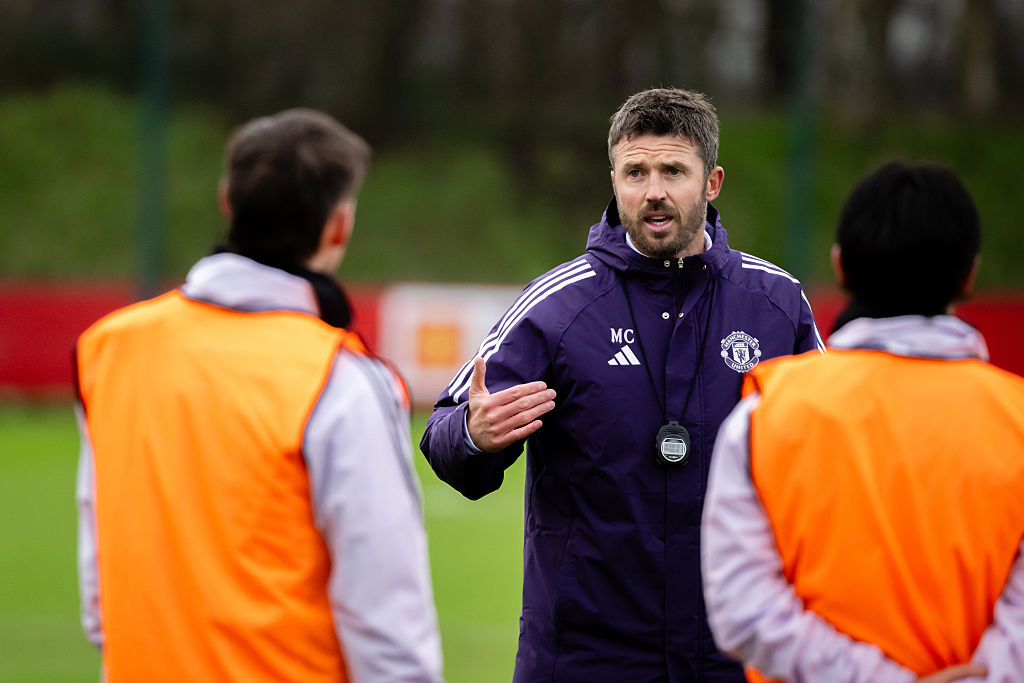
The best features, fun and footballing quizzes, straight to your inbox every week.
You are now subscribed
Your newsletter sign-up was successful
Want to add more newsletters?

Five times a week
FourFourTwo Daily
Fantastic football content straight to your inbox! From the latest transfer news, quizzes, videos, features and interviews with the biggest names in the game, plus lots more.

Once a week
...And it’s LIVE!
Sign up to our FREE live football newsletter, tracking all of the biggest games available to watch on the device of your choice. Never miss a kick-off!
Join the club
Get full access to premium articles, exclusive features and a growing list of member rewards.
Commandoes have been simulating a multiple hostage situation in case criminals target the world's second largest football tournament, which is being co-hosted with Ukraine next June.
Poland's centrist government of Prime Minister Donald Tusk, a passionate football fan, now expects some 800,000 football fans to visit their four host cities - Warsaw, Gdansk, Poznan and Wroclaw.
"We got above 100 million zlotys ($30 mln) from the state budget this year that we are spending entirely on Euro 2012 security," Polish police spokesman Mariusz Sokolowski said on Monday.
"This money goes first and foremost for 600 new vans. Secondly, we are also buying helmets, epaulets, pads, shields, everything that a policeman is equipped with. Let's just hope they won't have to be used."
The Polish police and special forces have also held a week-long training session to better coordinate their procedures.
"We are training for the things that our unit was set up to do, business as usual, but there are more preparations ahead of Euro 2012 as there is a need for more operators," Colonel Piotr Gastal, head of Poland's top special forces unit GROM, told Reuters.
"The Polish police holds the main responsibility for security during Euro 2012, but in case of a multiple hostage situation our unit can enter as the police is not trained or equipped enough to handle that."
The best features, fun and footballing quizzes, straight to your inbox every week.
ANTIQUATED INFRASTRUCTURE
GROM has rehearsed releasing 20 or more hostages from public transport and public buildings, such as hotels and train stations.
"We are not aware of any additional, specific risks in Poland, but the sole fact of organising such an event like the Euros may be a target and we have to be prepared for various situations," Gastal said.
Poland scaled down the number of fans it expects to visit during Euro 2012 after last week's finals draw meant more popular teams such as Germany and England will play in Ukraine.
"Still, I hope for some several hundred million zlotys of additional revenue from football fans' spending during the games," said Marcin Herra, head of the PL.2012 company dedicated to coordinating the tournament.
Poland also pegged a large-scale building programme to Euro 2012 and is upgrading its antiquated road infrastructure for the tournament, largely thanks to European Union's aid funds.
"These investments is worth above 96 billion zlotys," said PL.2012's Mikolaj Piotrowski.
"This speeding up in infrastructure may add a premium of some 20 billion zlotys by 2020 to the Polish Gross Domestic Product, a premium we would not have if it wasn't for the Euros."
 Join The Club
Join The Club










